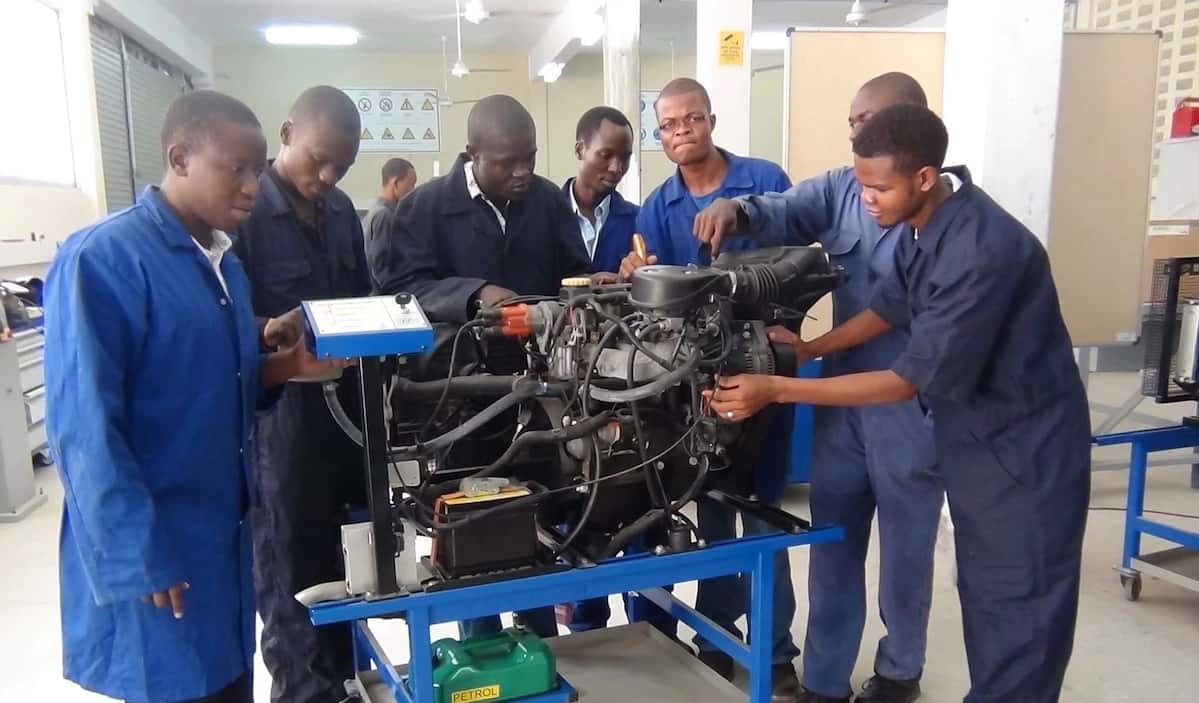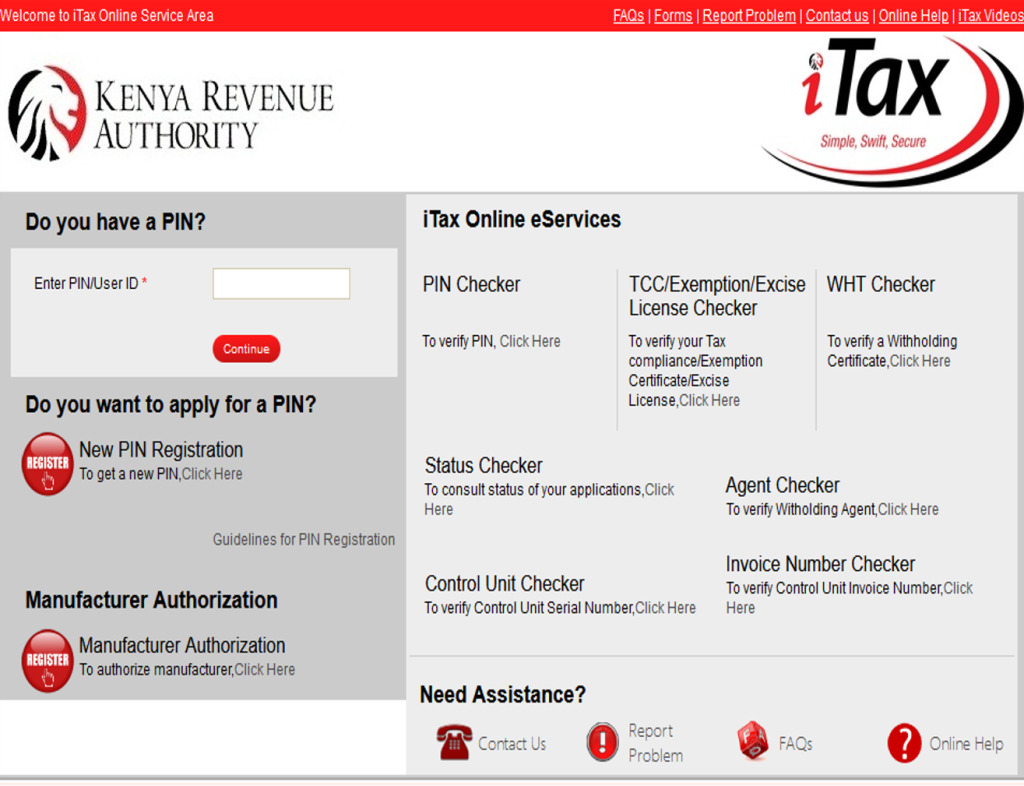By Education News Reporter
National Industrial Training Authority (NITA) has awarded pioneer graduates who qualified through the process of identifying, assessing and certifying knowledge, skills and attitudes regardless of how, when or where learning occurred under the new policy named Recognition of Prior Learning (RPL).
A total of 62 graduates were conferred with certificates in base titanium on July 7, 2022 in Kwale County in an event that was graced by the then Ministry of Labour Cabinet Secretary Simon Chelugui and NITA senior management staff.
Kenya National Qualification Authority (KNQA) came up with the RPL policy which will see Kenyans who possess knowledge, understanding, skills and competencies in various fields recognized and awarded certificates which will further help them secure employment just like those with formal education.
The policy which focuses on the outcomes rather than how, when or where the learning occurred; is seen as a big boost to those who are not in a position of reading English or Kiswahili. They will now be able to progress through the pathway after recognition.
They can even acquire Bachelor’s, Master’s and Doctoral (Ph.D.) degrees in various fields as all persons with acquired skills are eligible to apply for the certification.
It is also aligned with the African Continental Qualifications Framework (ACQF); a concept developed by the African Union with the support of the European Union to allow for free mobility.
This means that upon recognition and getting the certificate, one can work in any part of the country, East African countries and within Africa.
Under the new policy, a candidate cannot fail but rather the assessor or moderator only gives recommendations in addressing various skill gaps identified during the assessment.
The policy whose pilot was launched on May 19, 2021 in an event held virtually and organised by KNQA, is giving a person credit for skills and knowledge acquired at school, at work, at home, jua kali sector or through clubs, hobbies and work experience.
“The process acknowledges the skills, knowledge, performance outcomes and learning achieved outside the formal education and training system such as employer-provided training, learning and assessment pathways (Credit Transfer) and informal or experimental learning,” reads the policy in part.
The target group for RPL candidates is drawn from informal and non-formal sectors which include persons who would wish to acquire qualification, up skill to get a higher qualification or migrate to a different job or increase productivity in their self-employment.
The RPL process which is learner-centered and offers clear guidance to those seeking credit by RPL and encourages those who want to present evidence of their learning which can either be formal, non-formal and informal.
For those seeking recognition, it will help them in personal development by gaining credits towards a qualification, progressing into learning programmes and seeking admission into colleges.
It will also be vital since it will provide employment and promotional opportunities, salary enhancement in an organization and charting a career path.
Under the policy, the candidates (those seeking recognition) are required to identify their prior learning needs and show that they match the learning outcomes for the desired qualification, apply for recognition of prior learning through completion of their profile and products in the RPL Management Information System (MIS) and further accept co responsibility as an equal partner in the RPL process.
These are individuals who acquired competencies informally, or furthered skills on the job, but do not hold any qualification, or holds one that is not recognised by employers, or holds a formal qualification for a lower skill level than the one attained on the job.
It also targets an employed person working in any job where qualification requirements have changed over the years or where qualification requirements differ across countries or where technology has changed requiring fresh certification and the employee has already acquired the competencies on the job and wants to remain competitive on the labour market.
Also targeted is an unemployed person who possess requisite skills in each trade area, and realizes that formal certification is required for them to find a job.
hezzroy@educationnews.co.ke






